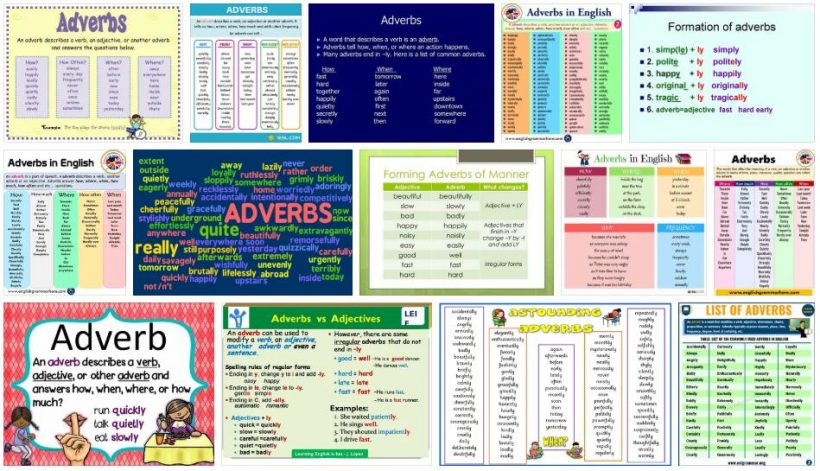

It _ (usually, always, sometimes, just) takes two hours to reach there by train. Hence (a) _ (never, often, seldom, rarely) goes to the village to meet her grandmother (b) _ (very, much, dearly, enough). (seldom, badly, quickly, more)Ĭhange the following adjectives into adverbs. He was brave _ to disobey his employer.The Opera singer sang well (manner) there (place) last night (time).įill in the blanks with the appropriate adverbs, choosing from the given option.When there are two or more adverbs in a sentence, these should be placed in the order of manner, place, and time, e.g. If the verb is am/are/is/was, these adverbs are placed after the verb Example: I generally complete my homework before dinner time.(time)Īdverbs of frequency (Example – generally, always, often) and certain other adverbs like just, and almost, consist of only one word, if there is more than one word in the verb form, they are put after the first word. Snigdha will leave for Germany tomorrow.) are generally placed after the verb or after the object if there is one Example: –


He is fairly rich but his uncle is rather poor.Tells the extent or degree to which an action is performed, for example: He always goes to the nightclub to dance.He always goes to his sister’s house on weekends.Tells how often or in what frequency the action takes place, for Example: The school will close tomorrow for the summer holidays.Tells when the action takes place, for example: Tells where the action takes place, for example:


 0 kommentar(er)
0 kommentar(er)
